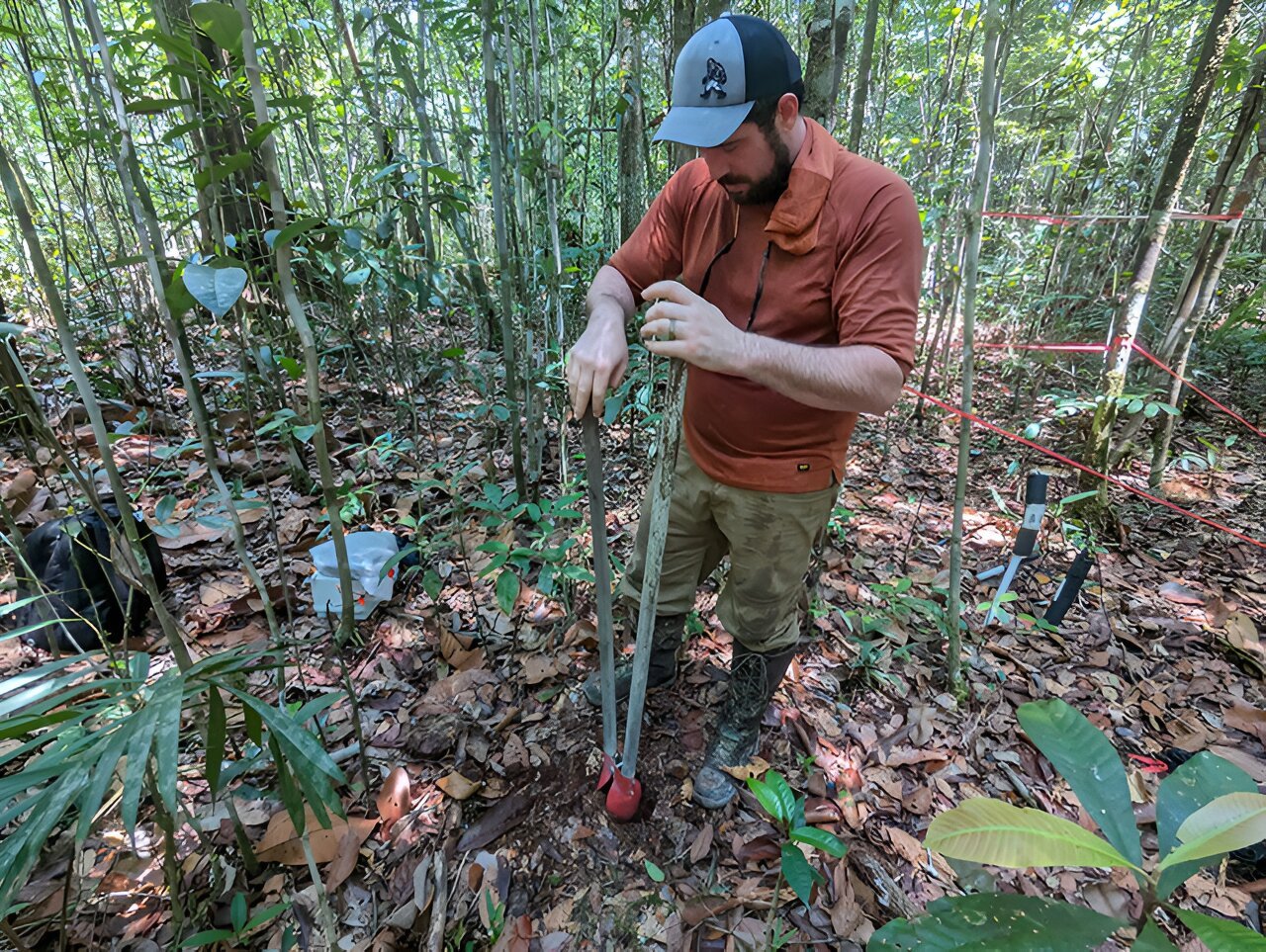Scientists say there is enough evidence to agree to global action on microplastics
https://phys.org/news/2024-09-scientists-evidence-global-action-microplastics.html
Science has provided more than sufficient evidence to inform a collective and global approach to tackle the continued spread of plastic pollution, according to a new report.
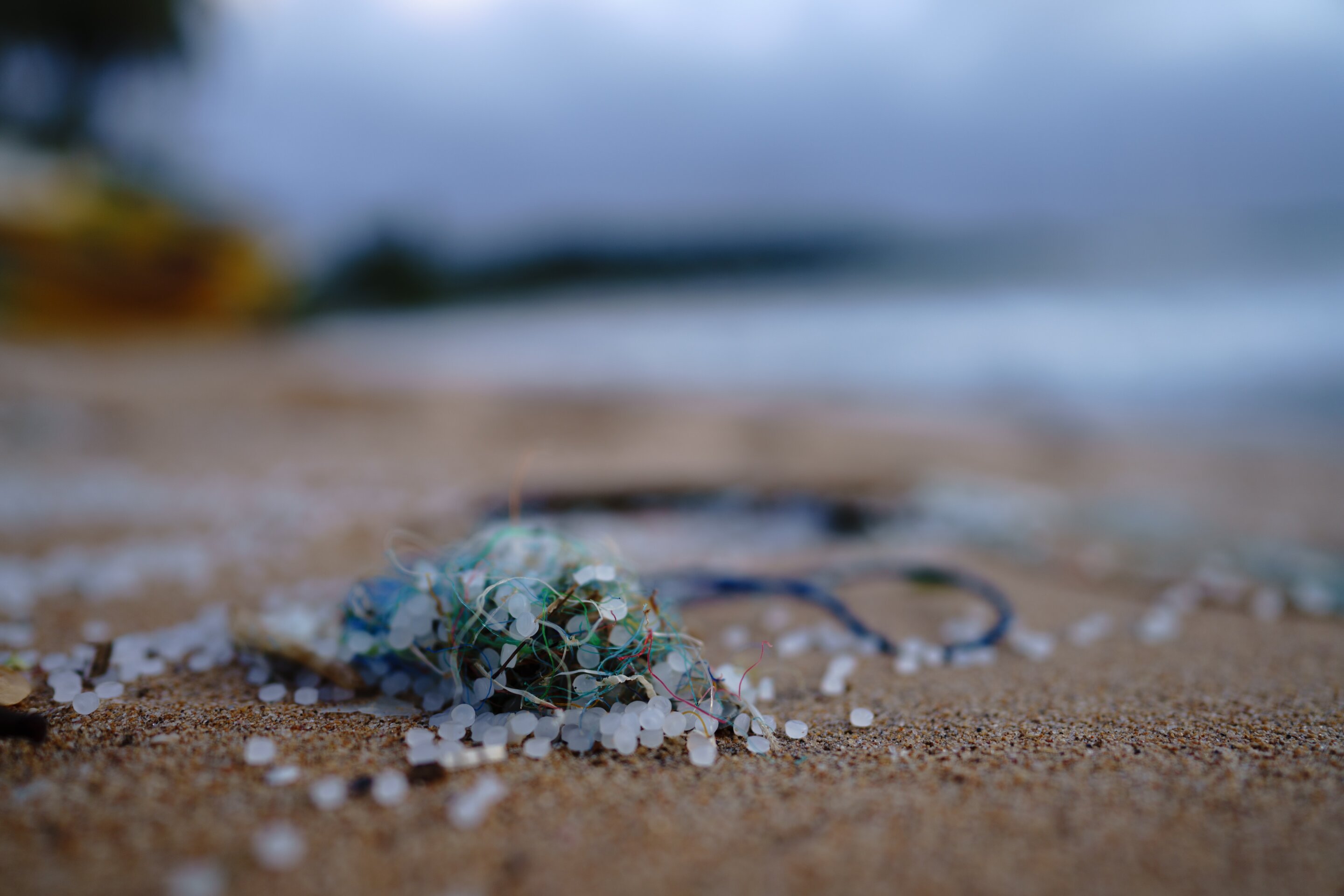
Human genome stored on 'everlasting' memory crystal
https://phys.org/news/2024-09-human-genome-everlasting-memory-crystal.html
University of Southampton scientists have stored the full human genome on a 5D memory crystal—a revolutionary data storage format that can survive for billions of years.

New material with wavy layers of atoms exhibits unusual superconducting properties
https://phys.org/news/2024-09-material-wavy-layers-atoms-unusual.html
MIT physicists and colleagues have created a new material with unusual superconducting and metallic properties, thanks to wavy layers of atoms only billionths of a meter thick that repeat themselves over and over to create a macroscopic sample that can be manipulated by hand. The large size of the sample makes it much easier to explore its quantum behavior, or interactions at the atomic scale that give rise to its properties.
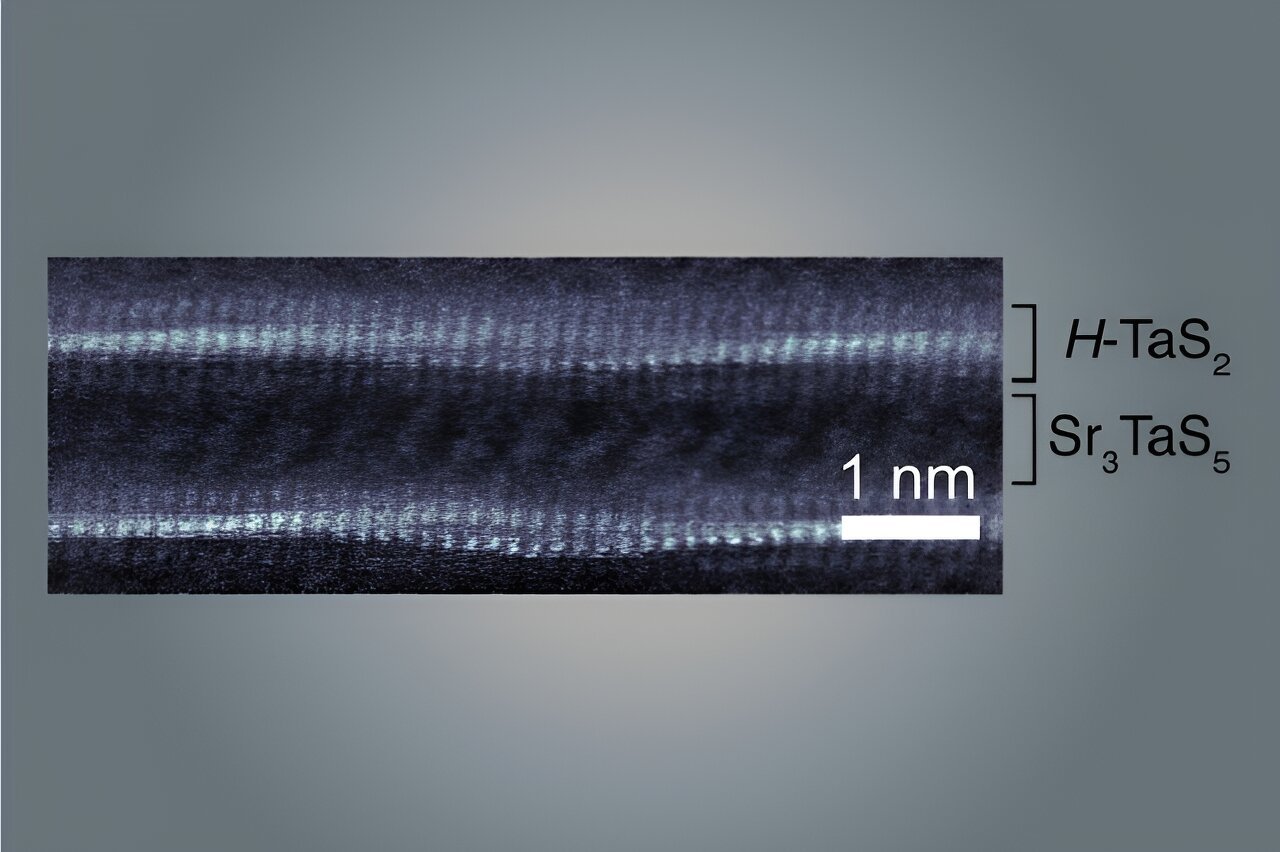
Greylag geese with similar personalities have higher hatching success, study suggests
https://phys.org/news/2024-09-greylag-geese-similar-personalities-higher.html
Birds of a feather flock together but strong pairing in geese has been shown to produce better breeding results, according to a new study.
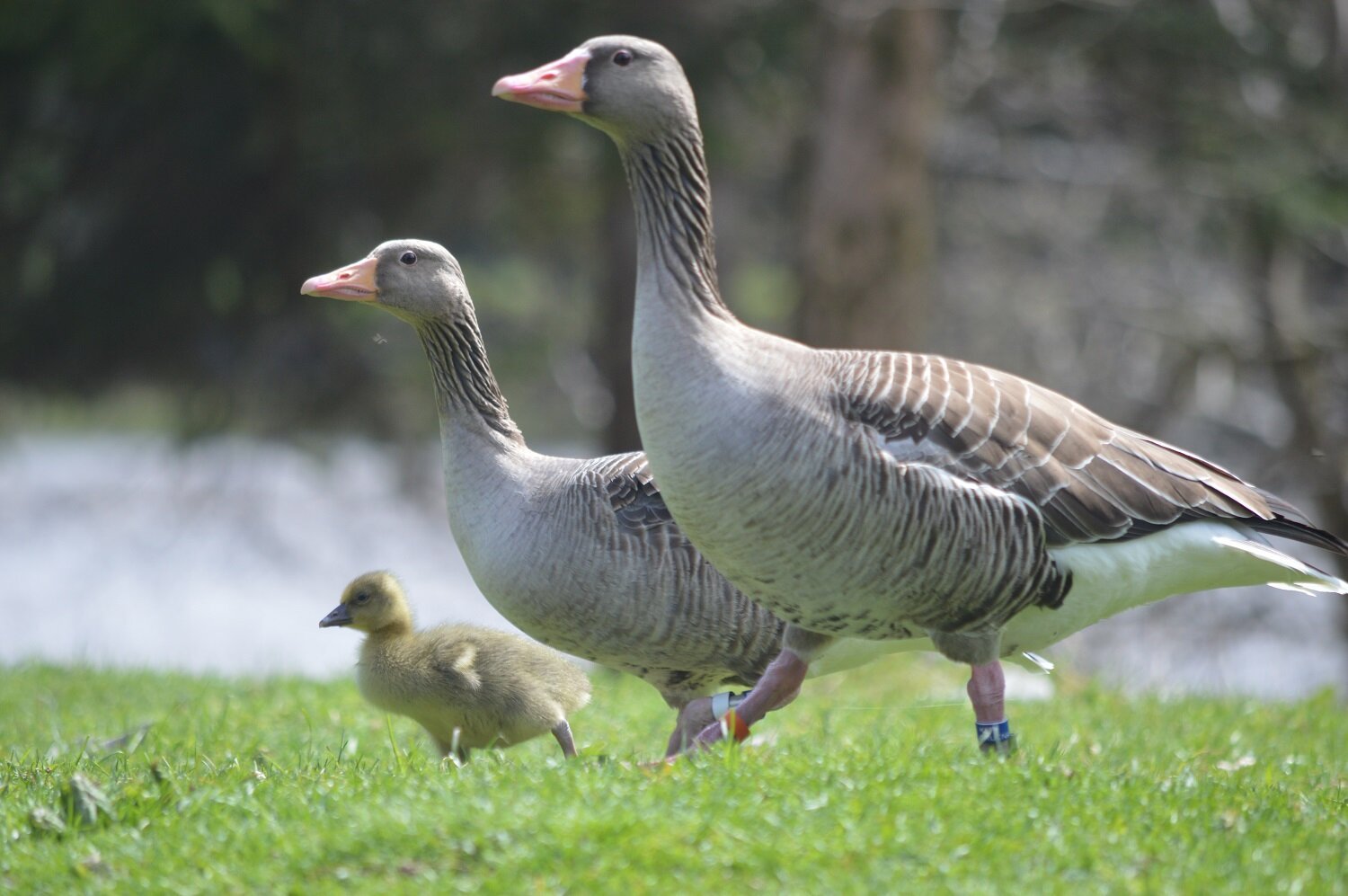
Can captive tigers be part of the effort to save wild populations?
https://phys.org/news/2024-09-captive-tigers-effort-wild-populations.html
Captive tigers in the United States outnumber those living in the wild. The World Wildlife Federation estimates around 5,000 of the big cats reside in the U.S., mostly owned by private citizens.
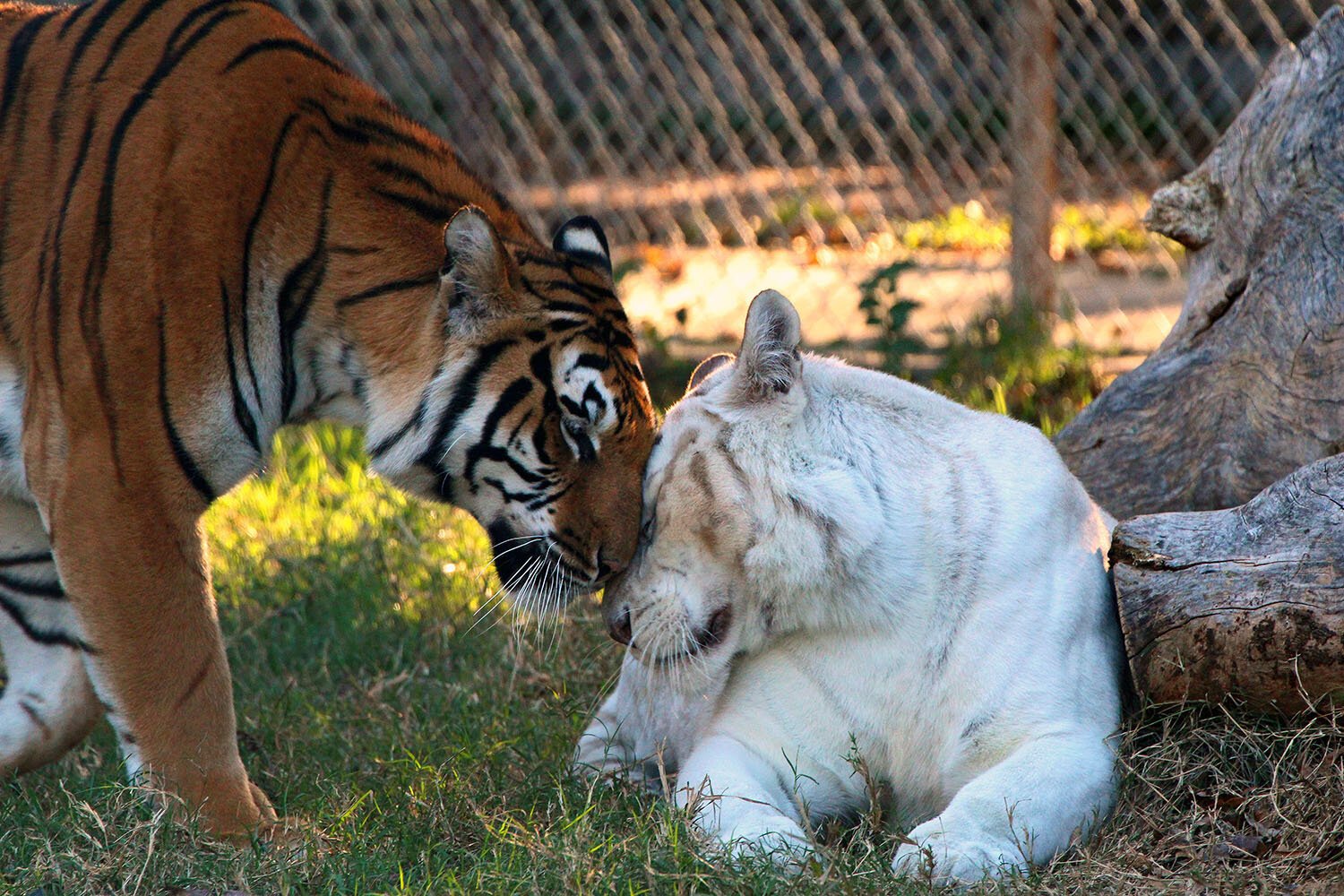
Researchers build AI model database to find new alloys for nuclear fusion facilities
https://phys.org/news/2024-09-ai-database-alloys-nuclear-fusion.html
A study led by the Department of Energy's Oak Ridge National Laboratory details how artificial intelligence researchers have created an AI model to help identify new alloys used as shielding for housing fusion applications components in a nuclear fusion reactor. The findings mark a major step towards improving nuclear fusion facilities.
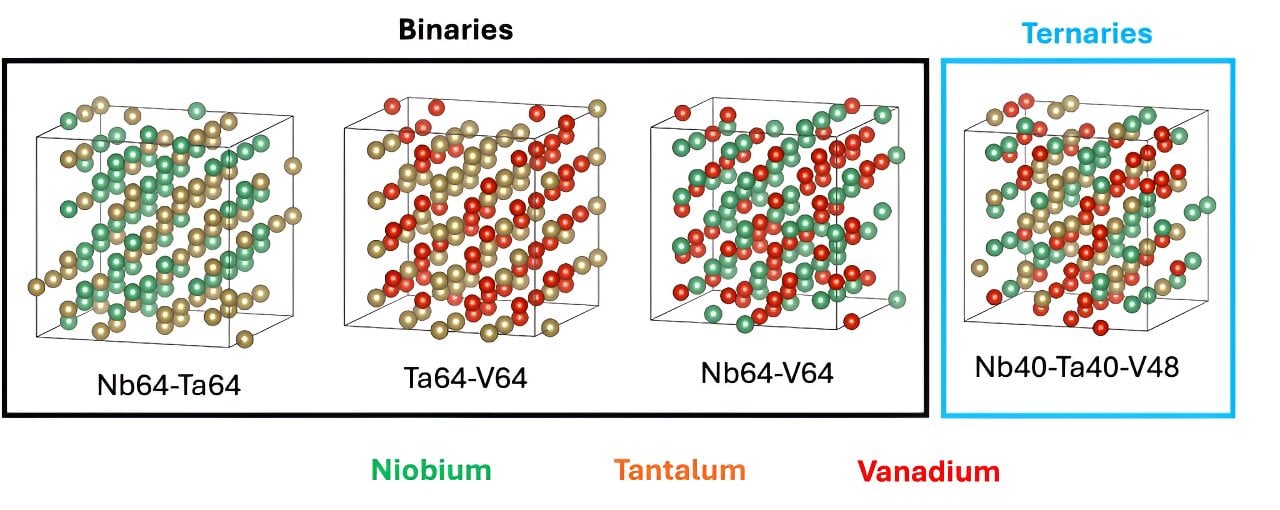
Study charts how Earth's global temperature has drastically changed over the past 485 million years, driven by CO₂
Study charts how Earth's global temperature has drastically changed over the past 485 million years, driven by CO₂
https://phys.org/news/2024-09-earth-global-temperature-drastically-million.html
A new study co-led by the Smithsonian and the University of Arizona offers the most detailed glimpse yet of how Earth's surface temperature has changed over the past 485 million years.
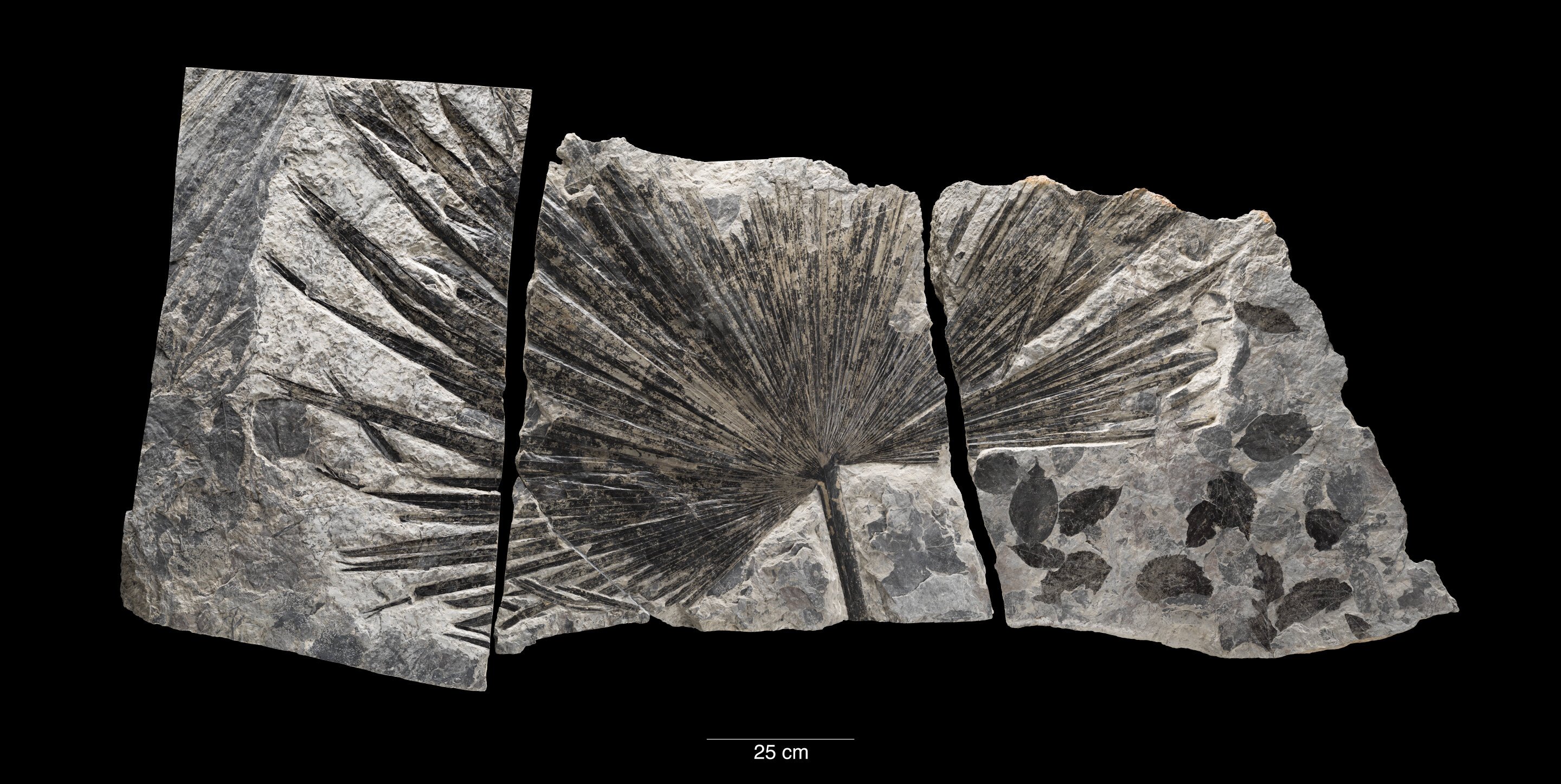
Lake ice quality degrading as planet warms—skaters, hockey players, ice truckers on thin ice
Lake ice quality degrading as planet warms—skaters, hockey players, ice truckers on thin ice
https://phys.org/news/2024-09-lake-ice-quality-degrading-planet.html
Ice may look safe for a game of pick-up hockey on the lake, but as a new study out of York University found, looks can be deceiving. Warming winters are not only affecting ice thickness and timing—when a lake freezes and thaws—but also quality, making it potentially unstable and unsafe.
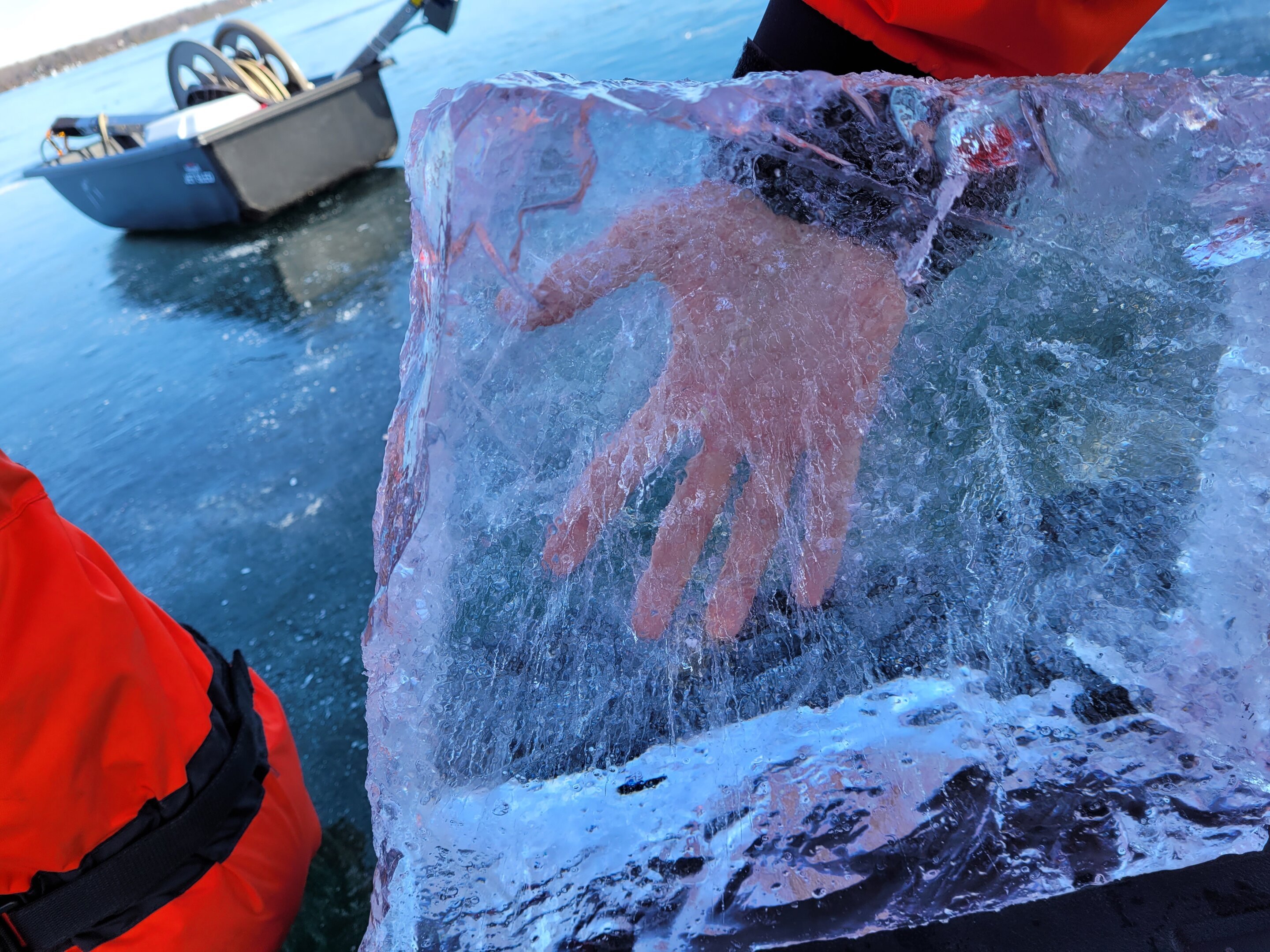
10,000-year-old human DNA provides insights into South African population history
https://phys.org/news/2024-09-year-human-dna-insights-south.html
A team of researchers from the University of Cape Town (South Africa) and the Max Planck Institute for Evolutionary Anthropology in Leipzig (Germany) have analyzed human remains from the Oakhurst rock shelter in southernmost Africa and reconstructed the genomes of thirteen individuals, who died between 1,300 and 10,000 years ago, including the oldest human genome from South Africa to date.
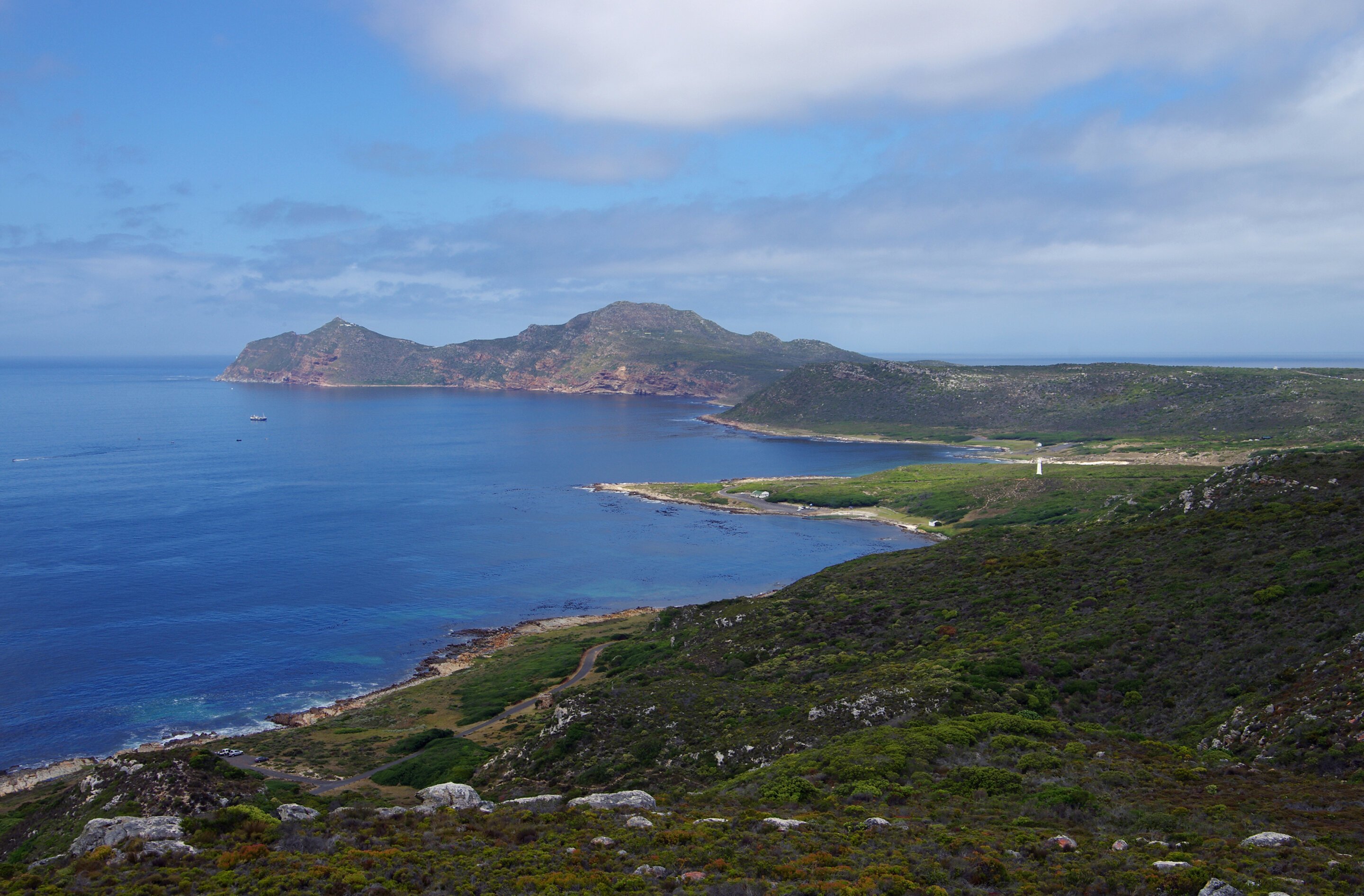
Research predicts rise in tropical hydraulic failure
https://phys.org/news/2024-09-tropical-hydraulic-failure.html
Hydraulic failure in tropical environments is expected to increase, according to new research published in New Phytologist. As weather patterns change and temperatures rise, plants will need to adapt in order to survive. Hydraulic failure occurs when more water is lost from transpiration than is taken in through the roots. If uncorrected, the xylem loses conductivity and the plant will not survive.
